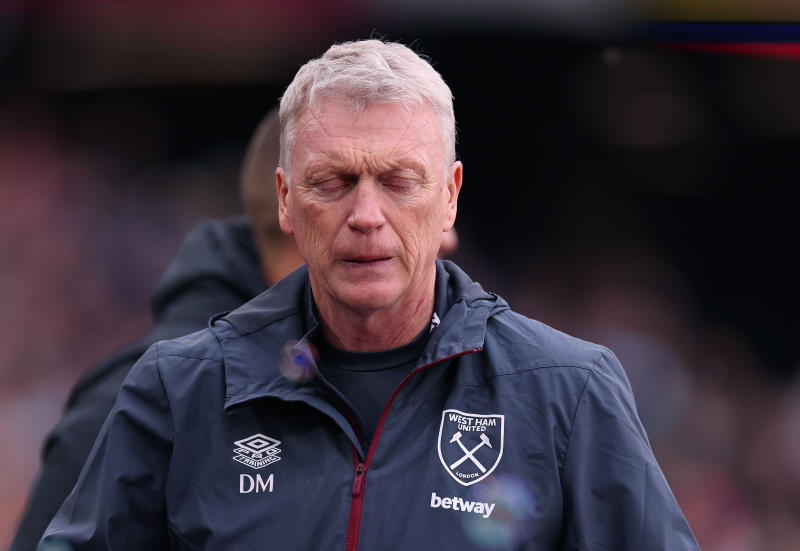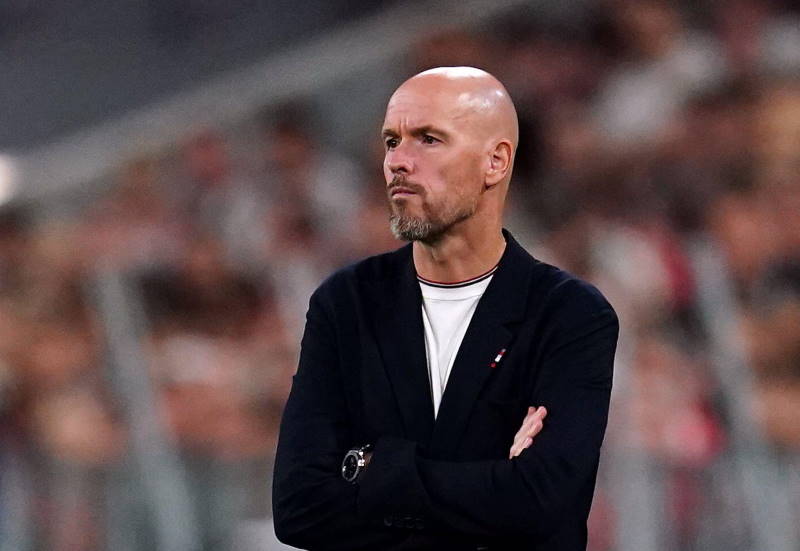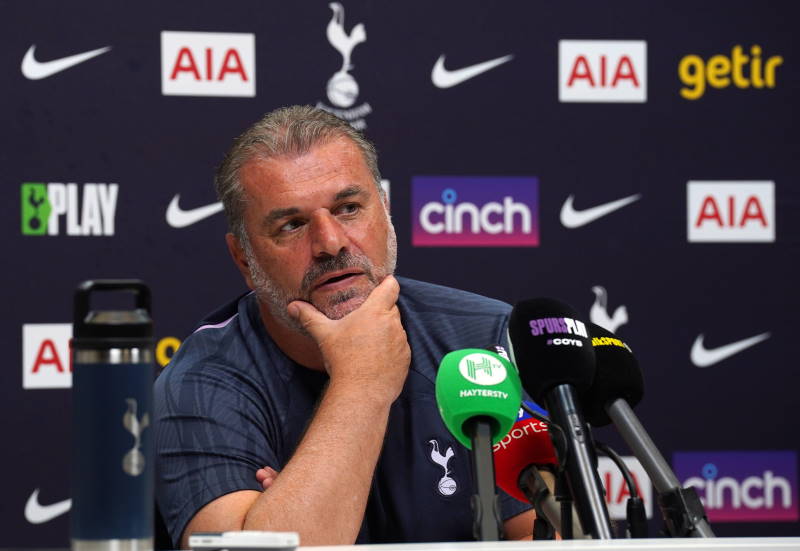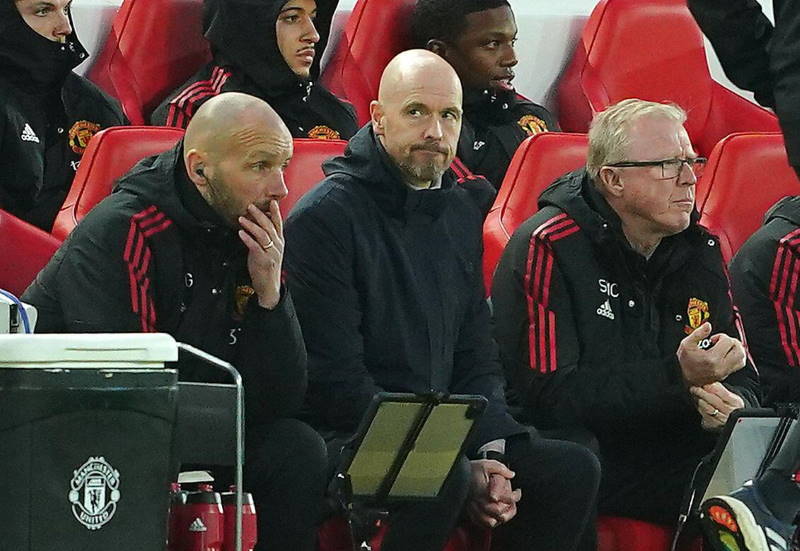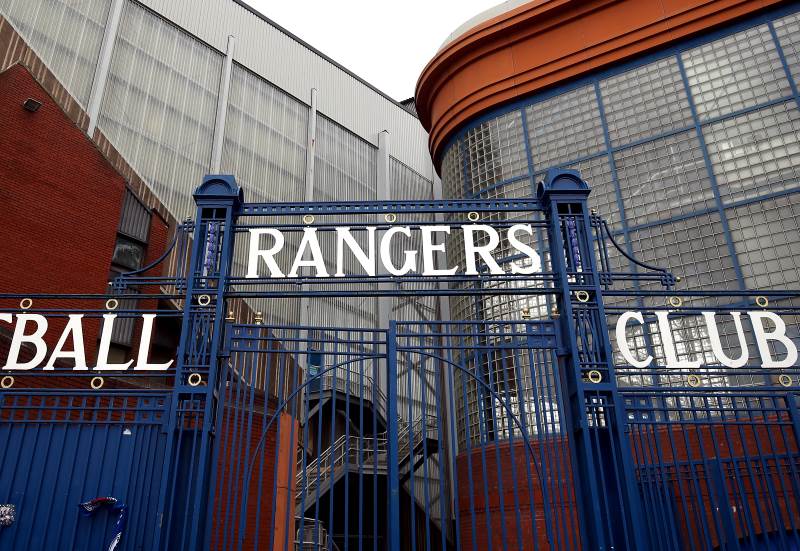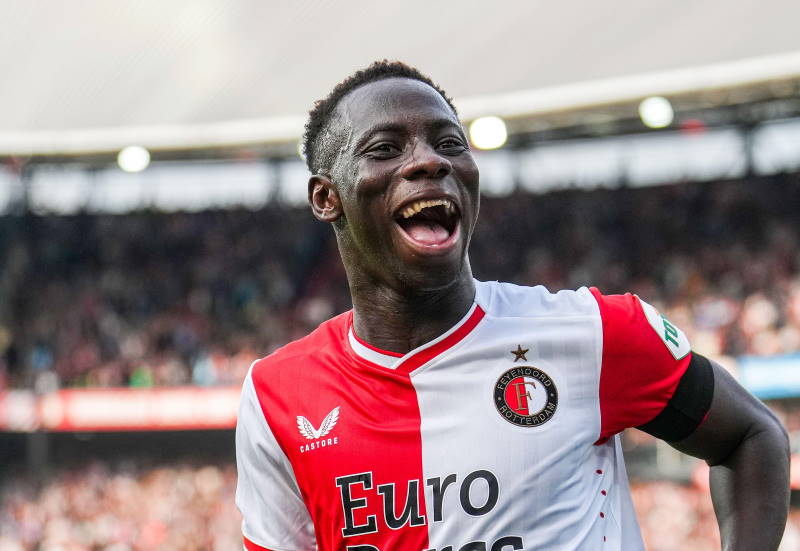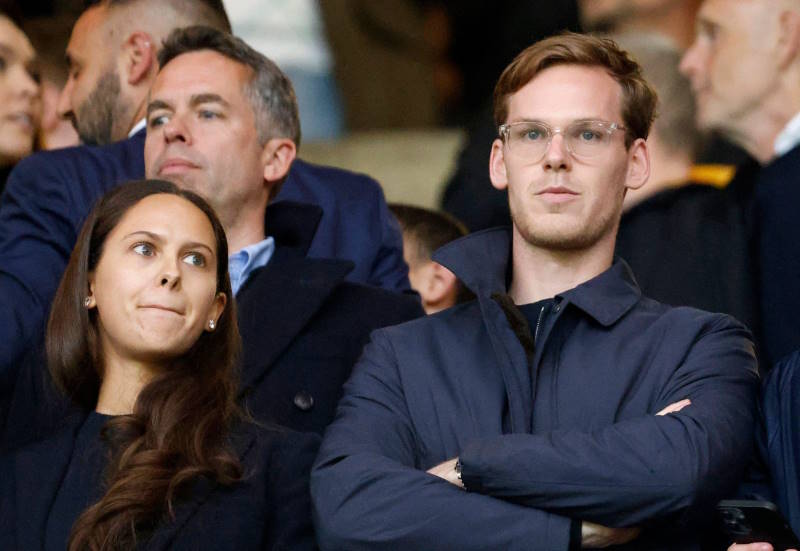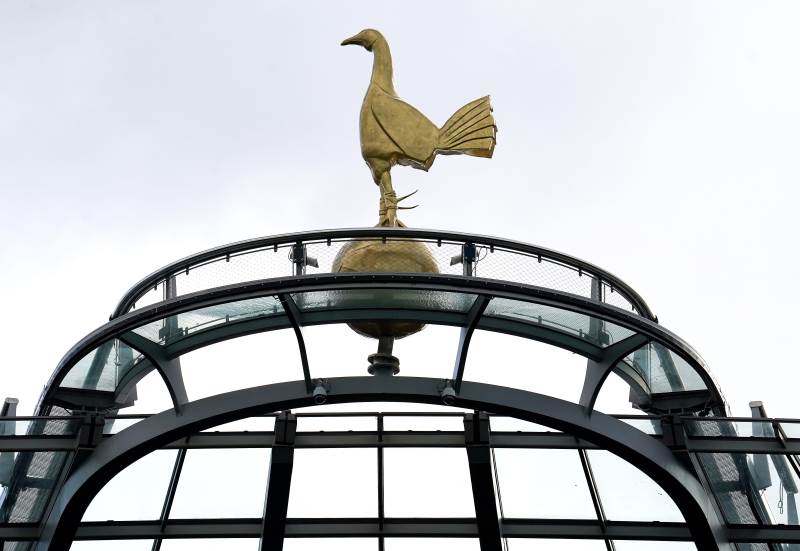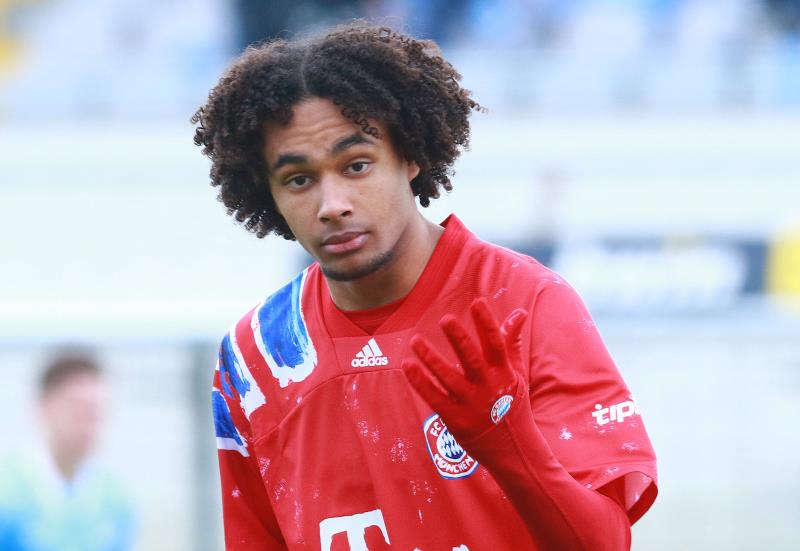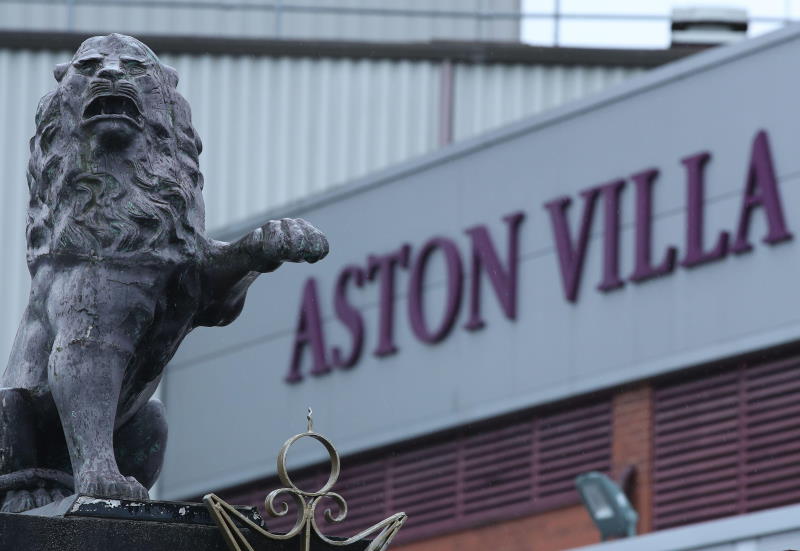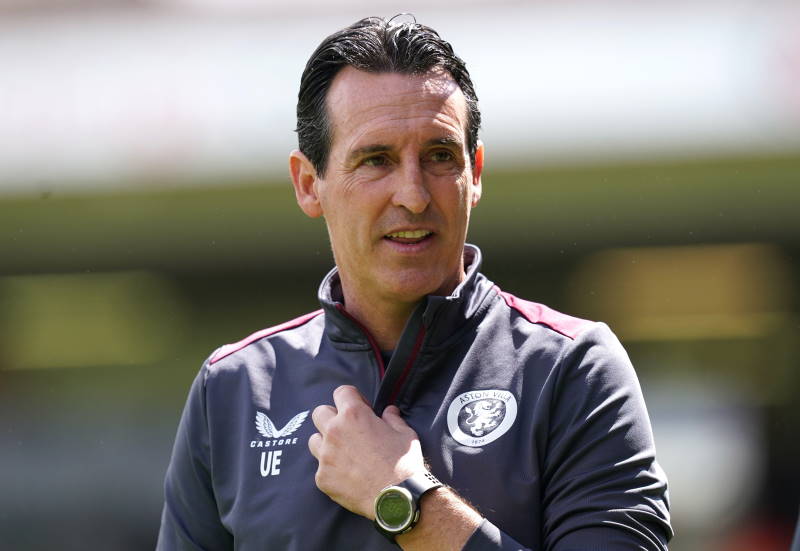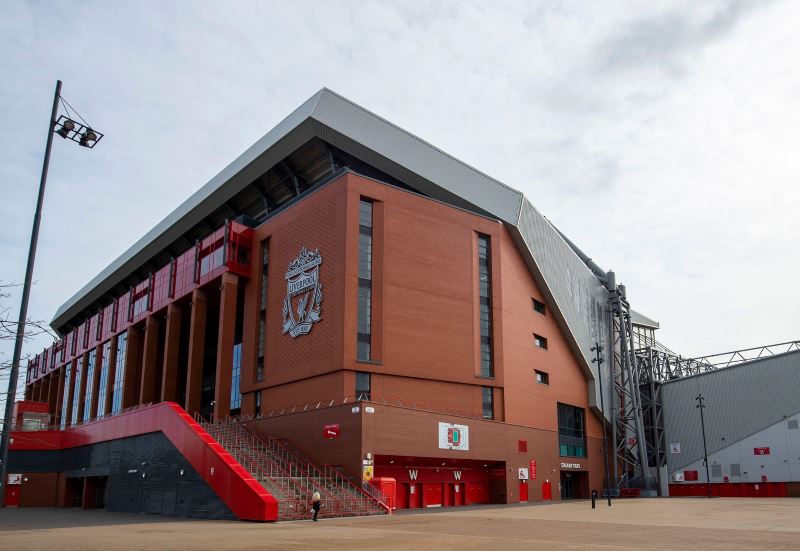
After months of discussion, expectation and reassurance, hours of waiting and anxiety came to an end as hosts South Africa got the World Cup underway on 11th June. Sadly, the party had to begin without South Africa’s idolised son Nelson Mandela, whose influential persona had played such a major role in the country winning the right to host the tournament in the first place. Unable to attend, due to the death of his great grand-daughter after the opening ceremony, the first game nevertheless kicked off with his blessing. But, two games in for the hosts, Mandela’s blessing has not proven to be enough.
Tangled in Group A with 1998 World Cup winners France, Uruguay and the unpredictable Mexico, Bafana Bafana did not expect any easy games. South Africa still hoped though to reach the quarter-final, or at least to avoid becoming the first host nation to not progress beyond the group stage. The epic nature of a World Cup can unsettle the nerves of even the biggest stars and naivety amongst players and fans, as they both dream, can become rife. Bafana Bafana’s first group game, a meeting with Mexico, was billed as a true test of the character and confidence of the players who took to the pitch.
Despite facing better quality opposition in the Mexicans, the hosts grabbing a 1-1 draw left many to reflect on hope still intact. Siphiwe Tshabalala’s thunderous drive for Bafana Bafana had the crowd in tears and became the first goal to be scored at the 2010 World Cup. However, Carlos Alberto Parreira’s team were up against a talented and organised side in Mexico, themselves inspired by the young and skilful legs of Giovanni dos Santos. The youngster played his part in move after move, until Barcelona defender Rafael Marquez ensured the points would be shared.
Heading into the meeting with Uruguay, South Africa had high hopes of getting the win they craved. And if any omens were needed they came in the form of the date of the game, 16th June, Youth Day. On this very special day, marking decades of struggle against the apartheid regime, Bafana Bafana were supremely confident they could mark the occasion with a special result that could leave the team but inches from the knockout stage.
Parreira’s team though, already lacking in imposing figures to take control of a game, and that important ingredient of experience, soon saw Uruguay outplay and outthink them. Diego Forlan and co. were too strong, crusing to a 3-0 win to see the South Africa faithful stream out of Loftus Versfeld Stadium well before the end.
Bafana Bafana’s goal of reaching the second round now hangs in the balance and, following Mexico’s win over France, depends not just upon what the South Africans themselves do, but also events between Uruguay and the Central Americans. Against the French, once again urged on by the vuvuzelas, South Africa must go for the jugular, if not just to try to create a miracle and qualify, then to revenge their loss to the European heavyweights in their first ever World Cup 12 years ago.
While South Africa’s on field results have not yet sent the nation into ecstacy, hosting the event and generating a warm and colourful atmosphere could be viewed by some fans as achievement enough. Many critics and doubters poured scorn on South Africa’s ability to host a successful event of this magnitude, but all the signs are that this World Cup will pass without incident and, thanks to the passionate support and sound of the vuvuzelas, be a very African experience.
Now South Africa face one final test and could yet bow out – if they are to bow out – with a magnificent victory over France. The French, supremely talented but in complete disarray, seem the polar opposite of Bafana Bafana. Spirit, passion and togetherness can carry South Africa to a famous win. Whether it will be enough will not be decided in Bloemfontein, but in Rustenburg where Uruguay meet Mexico. Willed by millions to continue their adventure, their hope and dreams, roared on by vuvuzelas, lives on.

